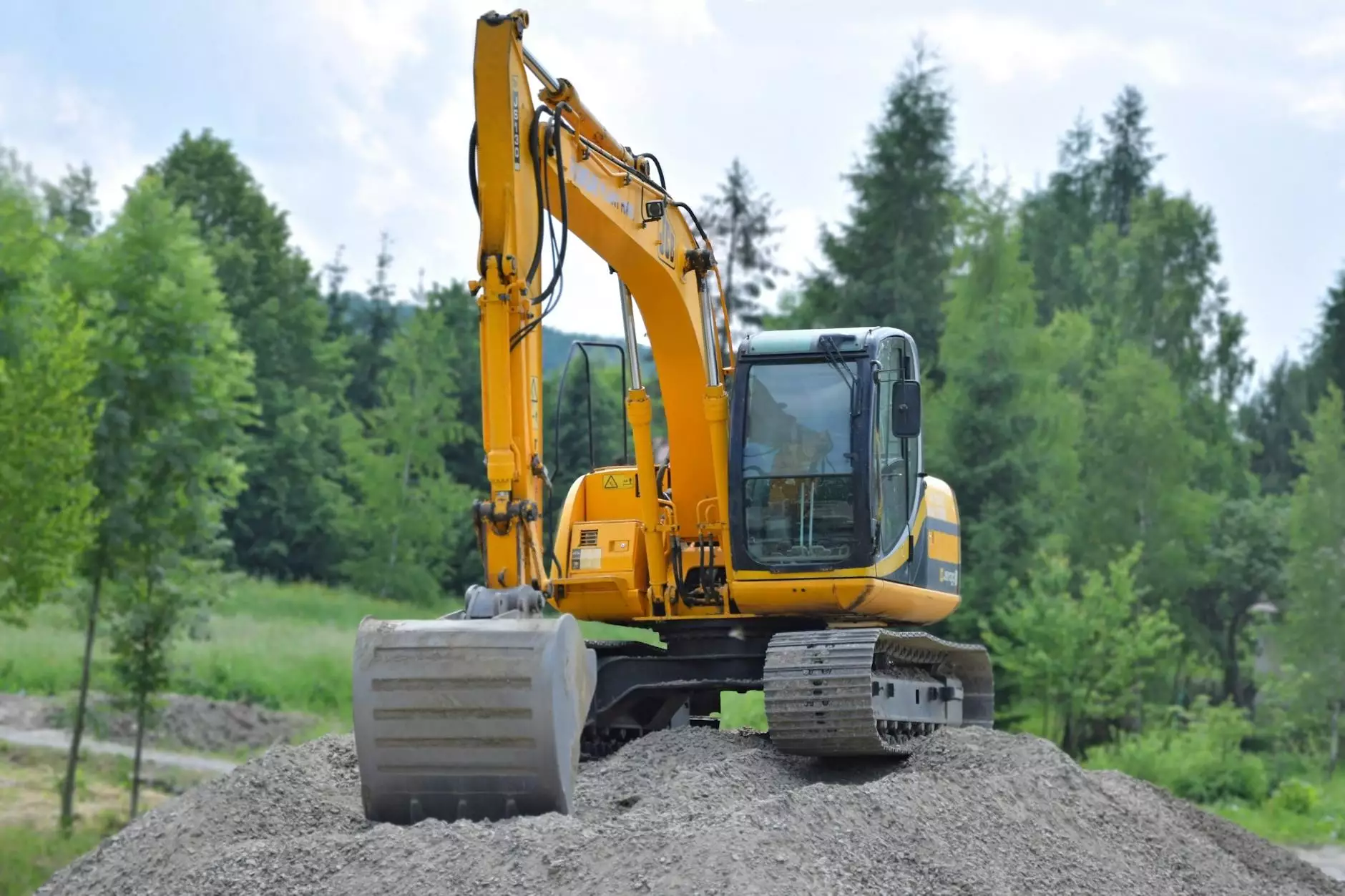The Essential Guide to Industrial Water Treatment Equipment

The management of water quality in industrial processes is crucial for operational efficiency, safety, and environmental compliance. This comprehensive guide will delve into industrial water treatment equipment, its significance, types, and best practices for implementation. Understanding these systems is essential for any business looking to optimize their water management strategies.
What is Industrial Water Treatment Equipment?
Industrial water treatment equipment primarily refers to the machinery and technologies used to treat water for industrial processes, ensuring that it meets specific quality standards. These systems play a vital role in various industries including manufacturing, food and beverage, pharmaceuticals, mining, and power generation.
Importance of Water Treatment in Industries
Water serves as a critical resource in most industrial operations, where its quality directly impacts production efficiency, product quality, and regulatory compliance. Here's why investing in industrial water treatment equipment is essential:
- Enhances Product Quality: Clean water is essential for maintaining the integrity of products in manufacturing and food processes.
- Compliance with Regulations: Industries must adhere to local and international water quality standards to avoid penalties.
- Operational Efficiency: Poor water quality can lead to machinery wear and tear, resulting in downtime and increased operational costs.
- Environmental Responsibility: Proper water treatment mitigates environmental impact by ensuring that wastewater is treated before discharge.
Types of Industrial Water Treatment Equipment
There are several types of industrial water treatment equipment, each designed to address specific contaminants and serve various purposes. Understanding each type will help industries make informed choices.
1. Filtration Systems
Filtration systems are critical for removing suspended solids and impurities from water. They come in various forms:
- Sand Filters: Commonly used for preliminary filtering, these systems effectively remove sand, silt, and larger particles.
- Carbon Filters: Employed for removing chlorine and organic compounds, enhancing taste and odor.
- Membrane Filters: Utilized in reverse osmosis systems for fine filtration and purifying water to meet stringent quality standards.
2. Reverse Osmosis Systems
Reverse osmosis (RO) technology uses semi-permeable membranes to remove ions, molecules, and larger particles from water. This method is ideal for producing high-purity water required in pharmaceuticals and food processing.
3. Water Softening Equipment
Water softeners are designed to remove hardness (calcium and magnesium ions) from water. By replacing these ions with sodium, industries can prevent scaling in equipment, reducing maintenance costs and extending machinery life.
4. Chemical Treatment Equipment
Chemical treatment involves adding specific chemicals to water for disinfection, pH adjustment, or nutrient control. Common systems include:
- Chlorination Systems: Used for disinfecting water to kill bacteria and viruses.
- pH Control Systems: Adjusts the acidity or alkalinity of water to optimal levels for industrial processes.
5. Wastewater Treatment Systems
Industries produce wastewater that must be treated before being released back into the environment. Wastewater treatment systems include:
- Activated Sludge Systems: Use microorganisms to break down organic waste.
- Membrane Bioreactors: Combine biological treatment with membrane filtration for enhanced performance.
Advantages of Using Industrial Water Treatment Equipment
The adoption of industrial water treatment equipment offers numerous benefits:
- Cost Savings: Efficient water treatment reduces operational costs by minimizing water usage, lowering energy consumption, and decreasing maintenance expenses.
- Improved Process Efficiency: Clean water allows for smoother operations, leading to higher productivity and reduced downtime.
- Compliance Assurance: Advanced treatment equipment helps businesses meet regulatory requirements, avoiding fines and legal issues.
- Environmental Sustainability: Reducing water pollution contributes to conservation efforts and sustainable practices within the industry.
Factors to Consider When Selecting Industrial Water Treatment Equipment
Selecting the right industrial water treatment equipment requires careful consideration of several factors:
- Water Quality Requirements: Understand the specific contaminants present in your water supply and select systems designed to remove them.
- Flow Rate: Determine the required flow rate to ensure that the system meets operational demands without bottlenecks.
- Space Availability: Assess the spatial constraints in your facility to choose equipment that fits without disrupting existing operations.
- Budget: Budget constraints are always a concern; ultimately, balance between upfront costs and long-term savings.
Best Practices for Maintaining Industrial Water Treatment Equipment
Proper maintenance of industrial water treatment equipment is essential for ensuring optimal performance and longevity. Here are some best practices:
- Regular Inspections: Schedule routine inspections to identify and address potential issues before they escalate.
- Cleaning and Sanitization: Regularly clean filters, membranes, and other components to prevent buildup and contamination.
- Monitoring Water Quality: Employ water quality monitoring systems to ensure that treatment processes are effectively removing contaminants.
- Training Staff: Ensure that personnel are trained in operating and maintaining equipment to prevent operator error.
Future Trends in Industrial Water Treatment Equipment
The field of industrial water treatment is ever-evolving, reflecting advancements in technology and heightened awareness of water conservation. Key trends to watch include:
- Smart Technology: Integration of IoT and AI for real-time monitoring and predictive maintenance capabilities.
- Energy-Efficient Systems: Development of equipment that consumes less energy while achieving the same or better treatment results.
- Sustainable Practices: Increased emphasis on zero liquid discharge systems and wastewater recycling.
Conclusion
In conclusion, investing in industrial water treatment equipment is vital for optimizing water quality, enhancing operational efficiency, and ensuring regulatory compliance. By understanding the types of equipment available, their benefits, and maintenance practices, businesses can make informed decisions that contribute to long-term success and sustainability. For those looking to explore the latest technologies and services, Bimak Kimya offers a range of solutions that cater to the unique needs of various industries, ensuring that water quality remains uncompromised.
For more information on our services, visit bimakskimya.com.tr today!









